What’s happening with COVID-19 relief options for the cannabis industry and the SAFE Banking Act.
As the coronavirus pandemic continues to stress the global economy, the effects are creating massive losses for the cannabis industry, with many marijuana companies experiencing mounting debt. By now, everyone knows that legal cannabis businesses are not eligible for disaster relief loans or any other federal stimulus programs included in the current COVID-19 legislation.
Federal aid packages like the Small Business Association’s (SBA) Paycheck Protection Program (PPP) that are supporting and saving many small businesses across the U.S. are not available to cannabis small businesses that could otherwise apply for this loan.
Cannabis – an Essential Business
Understandably, this is leaving the cannabis industry scratching its head and quite concerned. After all, the cannabis industry employed nearly a quarter of a million Americans in 2019 and was deemed essential in most U.S. states at the onset of this pandemic.
While many non-essential businesses are still closed, cannabis providers scrambling to use curbside pickup and delivery services to sell their products without compromising social distancing amid coronavirus pandemic.
But these cannabis companies are struggling with supply chain disruptions, declining sales, and inadequate access to banking services. Cannabis companies may be open for business, but the supply disruptions keep them from selling enough to recover damages, pay debts, or even remain open.
Relief Ahead for Cannabis Companies
Thankfully, industry advocates in Washington D.C. are working hard to advocate for policy change in Congress. A bipartisan group of three dozen members of the House of Representatives and several senators recently signed a letter calling on congressional leadership to allow cannabis companies fair access to the SBA programs in the next COVID-19 relief bill.
Representatives Ed Perlmutter (D-CO) and Earl Blumenauer (D-OR) introduced the Emergency Cannabis Small Business Health and Safety Act on Apr 23, 2020, in the House. Perlmutter and Blumenauer are known for leading the protection of state-legal cannabis businesses from federal interference.
This bill, which is expected to pass in the coming weeks, would allow businesses in the industry to access the COVID relief loans and other recently implemented federal programs. This includes PPP, Economic Injury Disaster Loans (EIDL), and EIDL emergency grants, traditional 7(a) loans, and 504 loans.
The bill also clarifies that officers, employees, and directors within the SBA can not be held responsible for administering relief funds to cannabis businesses.
But wait…
An apparent additional challenge faced by cannabis companies is the industry’s lack of access to banking services. There are a number of public safety reasons that make handling cash unsafe, now COVID-19 is ringing public health alarms, too. Unfortunately, even if the SBA programs are made available to the industry, cannabis companies would not be able to access these loans without proper access to banking. There is, of course, the SAFE Banking Act, passed through the U.S. House of Representatives last year.
What is the SAFE Banking Act?
In September 2019, the House overwhelmingly passed H.R. 1595, the Secure and Fair Enforcement (SAFE) Banking Act. If approved in the Senate, the SAFE Banking Act would allow federally insured banks to serve legal cannabis and cannabis-related businesses. Cannabis operators and providers would now be able to gain federal funds administered through proper banking channels, which will help sustain the industry and recover the losses.
As the cannabis industry continues to navigate the road ahead, the Emergency Cannabis Small Business Health and Safety Act and the SAFE Banking Act offers some relief to the cannabis industry so they can now enjoy the benefits, too.
Although there is still an uphill battle to fight before these become law, the introduction of the bills paint an encouraging picture that the cannabis industry is finally being included at the federal level to receive help through this crisis.




